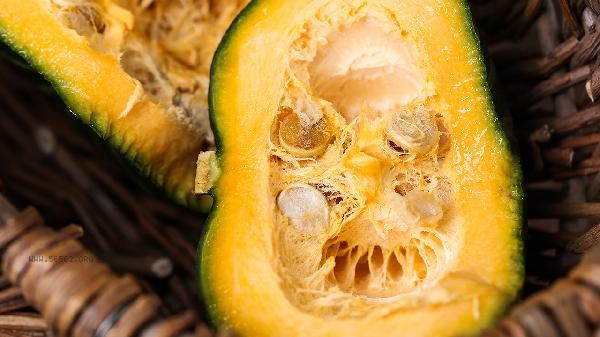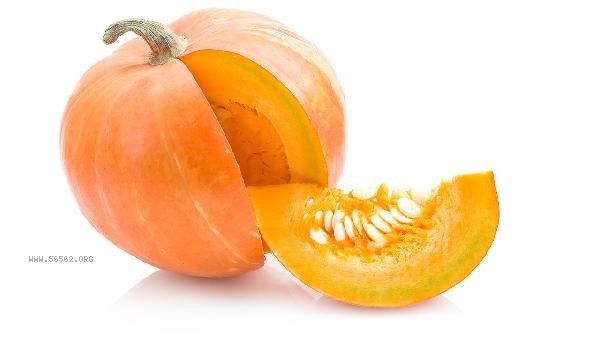Moderate consumption of pumpkin seeds generally does not lead to weight gain, while excessive consumption may increase calorie intake and cause obesity. Pumpkin seeds are rich in high-quality protein, unsaturated fatty acids, and minerals, but they contain a high amount of calories per 100 grams, so daily intake should be controlled. Pumpkin seeds belong to high nutrient density foods, and nearly 80% of their fat is unsaturated fatty acids such as linoleic acid and oleic acid, which help regulate blood lipid metabolism. A daily intake of 20-30 grams can meet the demand for trace elements such as zinc and magnesium, which have a positive effect on improving sleep quality and enhancing immunity. However, it should be noted that pumpkin seeds with shells may contain salt during processing, and long-term excessive consumption may lead to excessive sodium intake. If the daily intake exceeds 50 grams, it is equivalent to an additional intake of over 300 calories, which is equivalent to the calorie value of a bowl of rice. Continuous overconsumption may lead to fat accumulation due to calorie surplus, especially for individuals with metabolic syndrome who need to be cautious. Some baked pumpkin seeds also add sugar or seasonings to further increase their calorie density. Individuals with weak gastrointestinal function may experience digestive symptoms such as bloating if consumed excessively.

It is recommended to use pumpkin seeds as a nutritional supplement for nuts, with a preference for plain and additive free products, and to limit the daily intake to a small handful in the palm of your hand. Can be paired with yogurt or salad to slow down blood sugar fluctuations and avoid consuming high-fat foods to increase calorie burden. Maintaining a balanced diet and moderate exercise can help maintain a healthy weight.










Comments (0)
Leave a Comment
No comments yet
Be the first to share your thoughts!